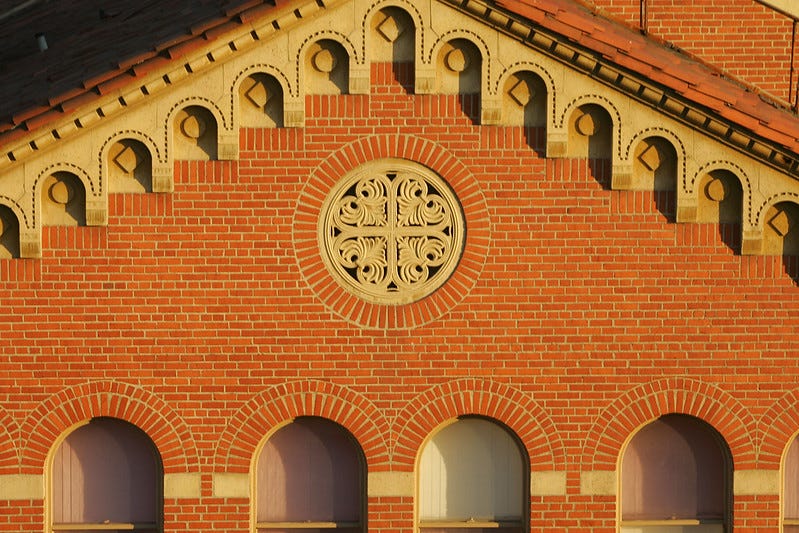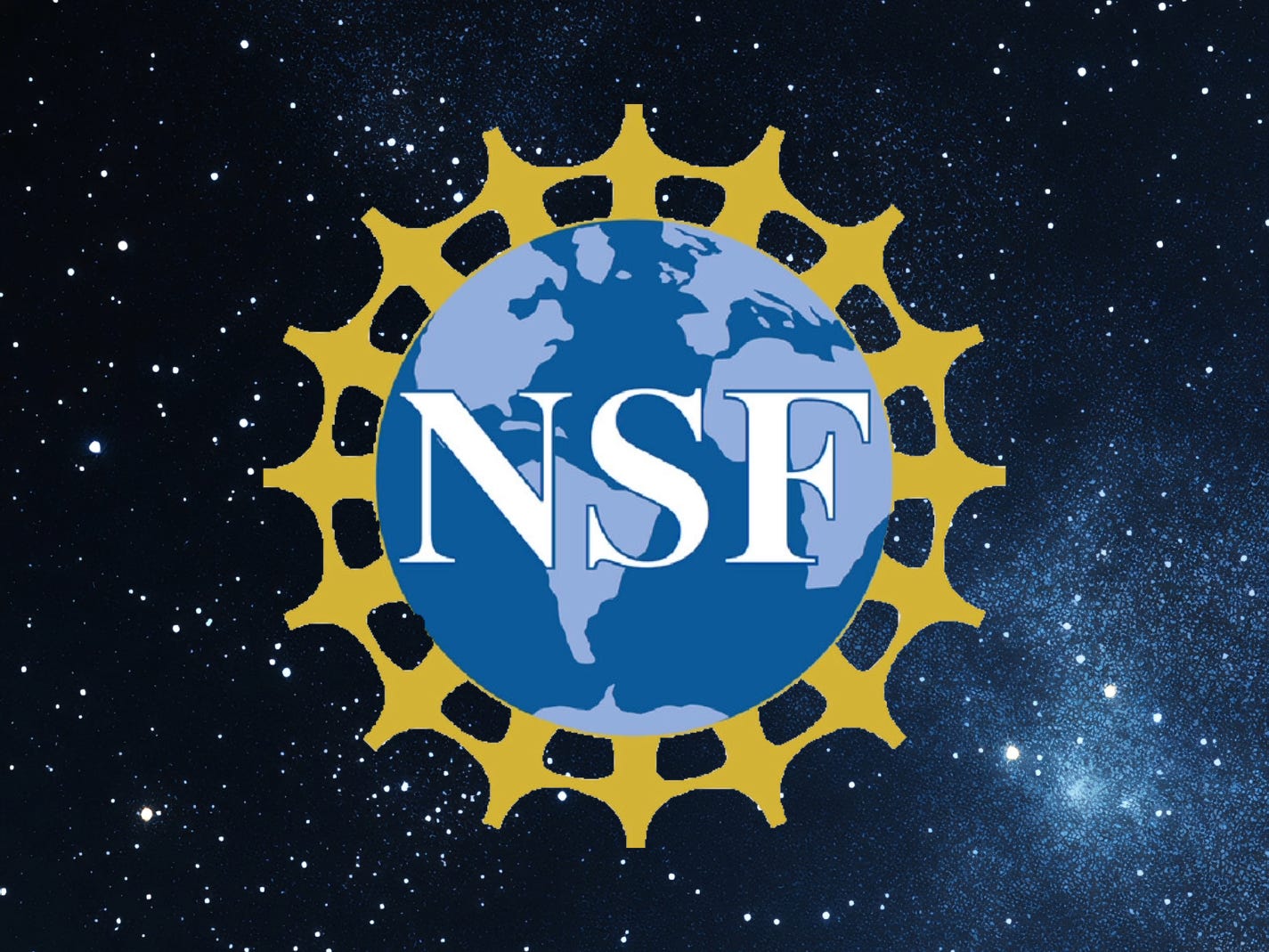USC forms new Provost-Senate Task Force on Academic Freedom
The group will examine how well the university is protecting academic freedom and open discourse.
We’re excited to report that USC launched a Provost-Senate Task Force on Academic Freedom and Professional Responsibility in January.
The group will look at the state of academic freedom and open discourse across higher education broadly, assess the relevant policies in place at USC, and offer their recommendations on how to ensure these values are maintained and bolstered at the university.
“The purpose of the task force is bring together some of the university's most distinguished faculty members to consider the current state of academic freedom and open discourse and develop strategies for USC to enhance and expand its commitment to these concepts that are at the heart of its mission.
As part of its work, the task force will also consider the professional responsibilities of faculty when it comes to speech, and the evolving legal environment around speech issues,” says task force co-chair John Matsusaka, Charles F. Sexton Chair in American Enterprise and Professor of Finance and Business Economics at the USC Marshall School of Business.
Findings from this group will be released to the public.
This is a welcome development at USC, particularly as the new presidential administration is bringing heightened scrutiny to higher education. Some welcome the scrutiny, while others are concerned the administration will overstep by suppressing research, canceling courses of study or removing faculty. Taking active steps to ensure USC has robust measures of protection for academic freedom and genuinely encourages open discourse, is wise.
Setting aside concerns over current politics, public trust in universities has fallen considerably in the past decade. In 2015, close to 60% of the population said they had a “great deal/quite a lot” of confidence in higher education. In 2024, just 36% of Americans said they did.
A great number of factors are likely at play, but one may be the perception that academia itself has increasingly silenced particular research subjects, ideas and viewpoints. University administrators have also appeared to mishandle controversial expressions of free speech by students or faculty (exemplified last year by the Strauss incident and the valedictorian incident at USC.)
We look forward to this group’s findings and will circulate them here once they’re made available.
Recordings from our Censorship in the Sciences Conference
Heterodox Academy has posted more stand-alone videos of talks from our recent event:
How Did Journalism Fail on Youth Gender Medicine? - Jesse Singal
Carole Hooven: Stay away from Sex at Harvard
Misappropriation and Censorship of Research - William Costello
All of the talks from this conference are available now on the Heterodox Academy YouTube channel»
Ben Slivka, one of the conference’s supporters, provides some of his thoughts on the conference here»
SPOT Awards for Two Organizers
Two of the staff who helped to organize our recent Censorship in the Sciences conference received special SPOT Awards from USC.
National Dogma Foundation
The Trump administration has begun a crackdown on DEI in higher education and across government-funded research. This has caused considerable chaos and consternation across academia. Yet, many may not be fully aware of the unprecedented ballooning of DEI in scientific funding priorities during the Biden administration.
A report issued back in late 2024 by the U.S. Senate Committee on Commerce, Science, and Transportation, found a more than 9,000 percent increase in the share of new National Science Foundation grants focusing on “diversity, equity, and inclusion.” James Moore, Professor Emeritus of Industrial and Systems Engineering at USC Viterbi, covered this report for Minding the Campus:
While only 0.29% of all grants with start-dates in 2021 centered on DEI initiatives, by 2024, more than a quarter (27%) of new grants pushed far-left perspectives. Redirecting funding to these subjective, ideologically based projects was deliberate. Beginning in 2021, the White House and NSF created scientific integrity policies to require that agencies “[i]ncorporate [Diversity, Equity, Inclusion, and Accessibility] considerations into all aspects of science planning, execution, and communication.
Over ten percent (3,483) of grants awarded during this interval went to projects that the committee classified as focusing on status, social justice, gender, race, environmental justice, or a combination of these foci.
Given that traditional frameworks of “diversity, equity and inclusion” have had much criticism, from all sides of the political aisle (see here, here, here and here for some of many countless examples), it doesn’t seem completely unwarranted for an administration to take issue with a 9,000 percent increase in funding towards it.
Interesting USC News and Research
USC hosts 2025 invitational Science Olympiad showcasing student innovation
Study links PFAS contamination of drinking water to a range of rare cancers
USC Price ranked No. 1 in urban planning research citations
USC Thornton alumni perform for 60th Presidential Inauguration
If you have news you’d like to share, a response to our newsletter, or if you’d like to get more involved in the Heterodox at USC group, please contact us at heterodox.usc@gmail.com









My warmest congratulations to Margaret Crable and Michele Warnock for being recognized by the SPOT award. So well deserved!!! As local co-organizers, they've done all heavy lifting -- and there was a lot to lift. Without their dedication and hard work our conference would not have been possible. Thank you!